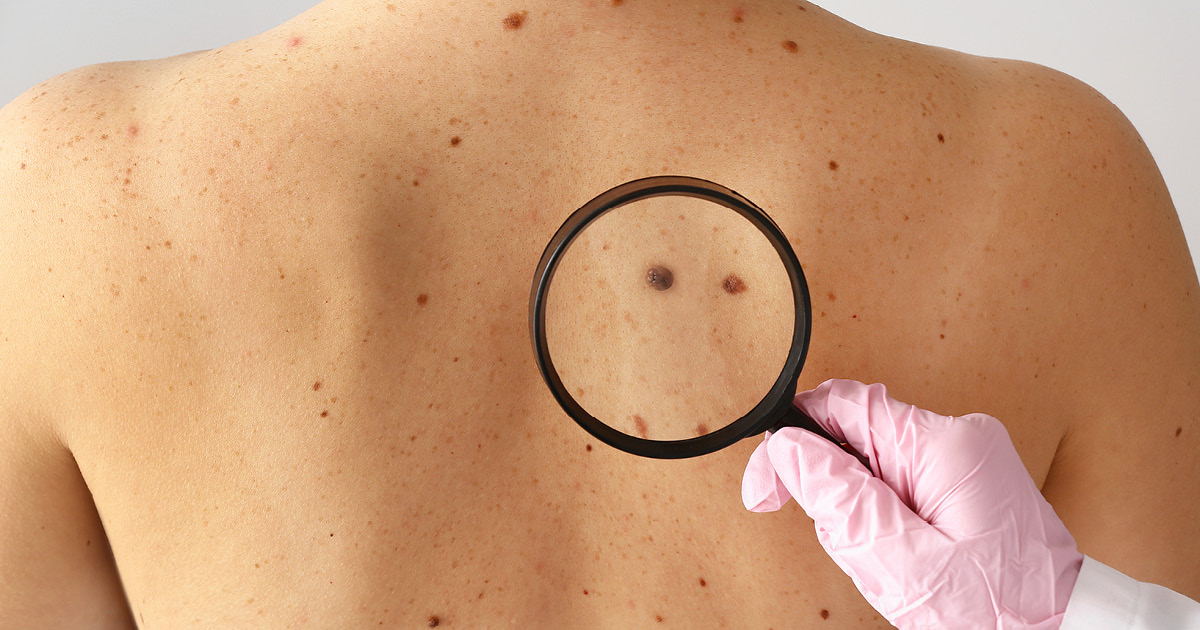Skin cancer can affect people of all age groups, whether children or older adults. If detected at an early stage, its treatment generally responds well. However, if left untreated, it can become life-threatening. Dr. Samantha Robare Cypress and her team at Magnolia Dermatology use advanced technology to treat skin cancer and prevent its recurrence.
Table of Contents
Different Forms Of Skin Cancer
Skin cancer is a serious disease in which your skin cells start multiplying abnormally. DNA mutations cause this uncontrolled cell growth, forming a mass of cancer cells. It usually develops in UV-exposed areas, but can also appear in hidden parts of the body. Skin cancer can affect people of any age, sex, or skin tone, although it is more common in light-skinned individuals. The main types of skin cancer are Basal Cell Carcinoma (BCC), Melanoma, and Squamous Cell Carcinoma (SCC).
Basal Cell Carcinoma (BCC)
This is the most common form of skin cancer. BCC often appears as small, pink bumps, usually on areas with prolonged sun exposure, such as the face, arms, and chest. It grows slowly and rarely spreads, but if ignored, it can damage healthy tissue.
Melanoma
Melanoma is the most severe form of skin cancer. It often starts from an existing mole or skin lesion, although new spots can also develop. If detected early, it is treatable, but it can spread rapidly and become life-threatening. Regular skin checkups with a dermatologist help in early detection and timely treatment.
Squamous Cell Carcinoma (SCC)
SCC is not always less common than BCC, but it still occurs in many adults. Its lesions usually look like scaly sores, appearing mostly on the back, neck, ears, or face. It is more common in light-skinned individuals but can also affect dark-skinned people. This type of cancer is rarely life-threatening, but it can be aggressive and spread to other parts of the body.
Factors Elevating Your Risk of Skin Cancer
The exact skin cancer trigger is still unknown, but several factors may elevate your risk of developing it. Extended periods of UV light exposure from sun lamps, tanning beds, or the sun can damage your skin cells, resulting in this problem. While moles don’t always signify cancer, they can potentially develop into melanoma. You may have an elevated risk if you also have relatives with a history of this diseases. Magnolia Dermatology specialists recommend regular cancer screenings to help your doctor detect the disease before it causes more damage.
Available Treatments for Skin Cancer
After diagnosis, your provider may educate you about the available treatment options before developing a treatment plan. The type of treatment you need relies on the stage, size, location, and type of cancer. The team may suggest chemotherapy, photodynamic therapy, immunotherapy, cryotherapy, and surgical excision.
To learn more about skin cancer treatments, call the Magnolia Dermatology office or use the online scheduling tool to create an appointment.
